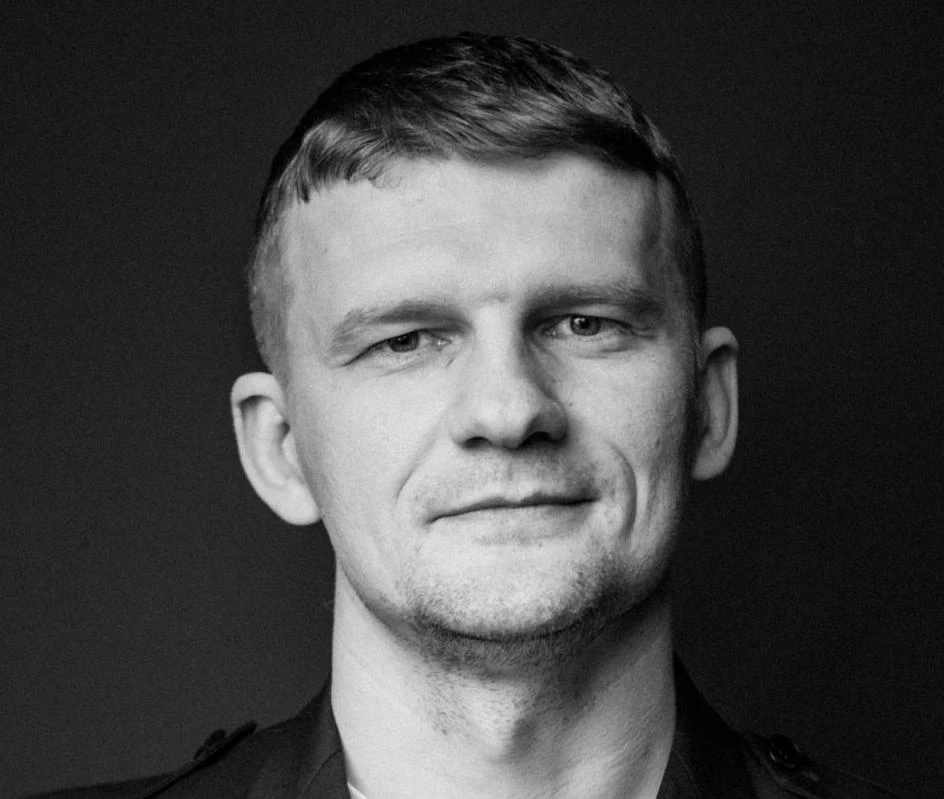Three trust filters of doubt-free partnership

While JKR values are our moral guideline in business, each value has a spectrum of meanings and subtopics. One of these is trust.
My favourite definition of trust came from Jack Welch, the former chief of General Electric, who said, “You know it when you feel it.”
And the more you think of it, the more you understand that it is lack of trust that creates anxious ambiguity and prevents us from sharing the same context and taking the bold steps in our companies’ development. When there is trust among the partners, management and employees, they are enthusiastic and confident, ready to take risks and accept the challenges when we act in the trust-secured scene.
The three types of trust
To me, there are three types of trust when it comes to partnering with people.
First is a basic trust: trusting someone to be a decent person. If an employee submits a budget for an activity, I won’t carry out thorough research to check if the cost is market-relevant. “Be decent” is one of our core values at JKR since no matter how skilful or professionally successful a specialist may be, this partnership won’t get us far if they are not a person of integrity.
The second is trusting someone as a professional. It is vital to surround yourself with the people you look up to professionally to save yourself doubts when they make a decision. Although it seems obvious, it takes a lot of wisdom and open-mindedness to let go of how you are used to doing things and let others take ownership of the decision. But this management model enforces the growth of both parties and gradually builds a culture of trust within the company. Teams that manage to get to that point end up performing better since they don’t waste time on the bureaucracy of lengthy approvals.
The third is to trust that your partner will pursue the idea and won’t let it fade away. If an idea or project inspires a visionary, it is essential that your partner or employee either drives it along or speaks up if they disagree with it or it is out of their interest area. At JKR, we value the honesty and boldness of those we work with to challenge the ideas or admit if they are not passionate about them. And as we believe that passion is the crucial success driver, we would rather take a pass on the idea right away than implement it with a careless attitude.
When those you work with pass all of these trust filters, there is no place for control or doubts in your partnership.
Looking out for those you trust
The better you know each other and the more trust you have, the easier the decision-making process becomes. Otherwise, a leader becomes a bottleneck since no initiatives or actions are launched without his ultimate approval. Companies where the CEO trusts his team tend to work faster, which accelerates their growth.
Of course, each company is different and unique in its own way, and this approach may not work for organisations with a rigid hierarchical system. However, there is a constant need for extra adaptivity and agile decision-making in quick-growing ecosystems. The downside of this is that decisions that seem univocal to the leader have the potential of hurting one’s pride.
But if in the early stages you invest into the culture of trust and support, later on you will find yourself surrounded by partners and the team who don’t see a threat in every move you make because they know that ultimately you have their back.
Alexander Gusev is an experienced business development professional focused on the venture capital and private equity industry. His projects include strategy, sales and marketing, operational improvements, and throughput optimisation. Gusev is an investor, co-founder, and managing partner of JKR Investment Group, an entrepreneurial investor that incites partnership within its global ecosystem and has a proven track record in the B2B companies in the entertainment industry.
